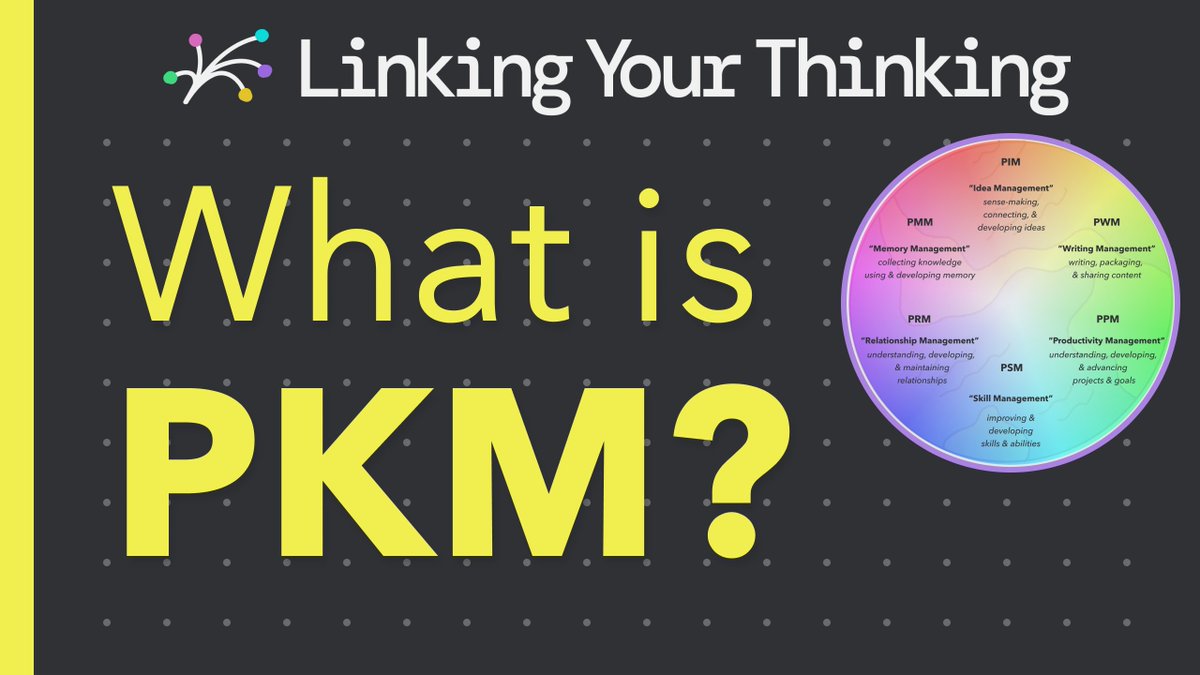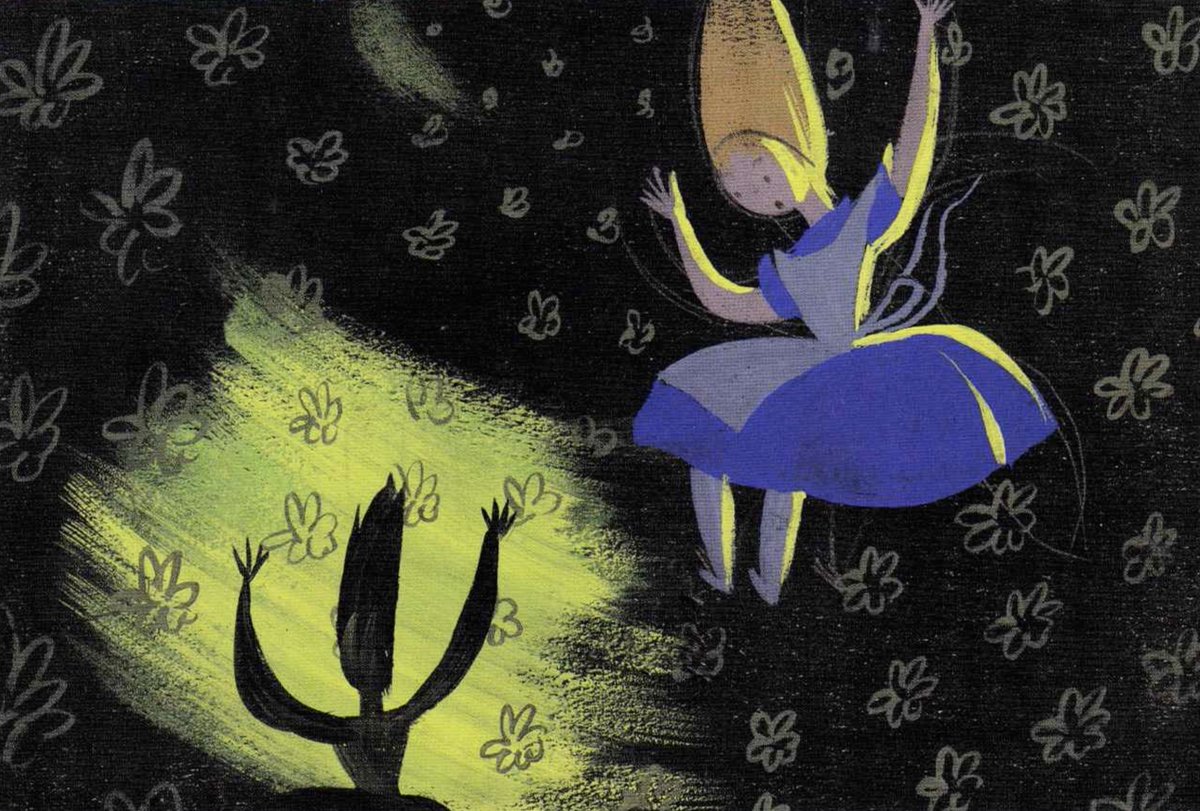
What is sensemaking?
In short, it's making sense of the world around us.
Good sensemaking illuminates our thoughts and guides our actions—adding clarity and enrichment to every moment of our lives.
A thread 🧵
In short, it's making sense of the world around us.
Good sensemaking illuminates our thoughts and guides our actions—adding clarity and enrichment to every moment of our lives.
A thread 🧵

If we can improve our sensemaking by even a tiny bit, we can greatly improve the quality of our inner world and the quality of our contribution to the world around us.
One supercharged, healthy, and sustainable way to improve our sensemaking is through a process I call note-making.
Focused note-making sessions are one of the most fun and valuable activities I consistently do with my notes.
And yet, nobody talks about it!
Why?
And yet, nobody talks about it!
Why?
Because too many people with platforms are steering their audience towards a dangerous path of weak thinking...where strong minds go to become soft...
Too much of the conversation around "Knowledge" is stuck in the mud.
People talking about highlighting...and highlighting the highlights of their highlights...before regurgitating those highlights...
People talking about highlighting...and highlighting the highlights of their highlights...before regurgitating those highlights...
Talk about taking the joy out of thinking.
Everyone...it's time to call out this faux-thinking!
It's a frustrating loop of passive consumption.
Everyone...it's time to call out this faux-thinking!
It's a frustrating loop of passive consumption.
People stuck in note-taking practices of "highlighting the highlights" are like people eating a box of SnackWells "Fat-Free" cookies thinking it's okay...
But the obsession with note-taking is corrosive to good thinking...
It might feel-good, but it's low-calorie thinking.
No thanks. Give me the butter!
It might feel-good, but it's low-calorie thinking.
No thanks. Give me the butter!
What is high-calorie, super-charged thinking fuel?
Note-making...
Note-making...
Spending more of your time as a note-maker means you are spending more of your time as a better sensemaker.
And as a reminder, if we can improve our sensemaking by even a tiny bit, it can result in a cascade of positively compounding effects.
And as a reminder, if we can improve our sensemaking by even a tiny bit, it can result in a cascade of positively compounding effects.
Cultivating a habit of note-making is a better way (@the_LYT_way). But you're going to have to get uncomfortable.
You're going to have to make the transition from note-taker, to note-maker...
You're going to have to make the transition from note-taker, to note-maker...
And that can be a hard transition, especially with so many people hijacking the Knowledge conversation around "how to highlight better". (Yuck!)
It's hard to get people to wake up and recognize their thinking habits have atrophied to the point of passive regurgitation.
It's hard to get people to wake up and recognize their thinking habits have atrophied to the point of passive regurgitation.
So That brings us to this live experiment in active thinking...in Part 1, we learn about "sensemaking through note-making" and get mentally prepared. Part one is here:
Part 1 is actually the second half of a recording of a live Sensemaking session. It's like a Christopher Nolan movie, going in reverse so you have to pay attention.
Or, like Mortimer Adler might say, Part 1 is about read around the book—reading the table of contents, skimming the chapters—before diving into the meat of it. That means you'll actually see the results of the note-making session first...
Then you'll listen to a Q&A about the session as a whole.
That will lead to Part 2, where you enter a focused thinking environment where you will work your note-making muscles...
That will lead to Part 2, where you enter a focused thinking environment where you will work your note-making muscles...
Will you commit to actually go through the exercise?
If you can’t make the commitment, don’t waste your time.
But it you can make the commitment, please give it a fair shake. There's a note-maker in all of us, we just have to GET IN THE REPS.
If you can’t make the commitment, don’t waste your time.
But it you can make the commitment, please give it a fair shake. There's a note-maker in all of us, we just have to GET IN THE REPS.
When you're ready, jump into Part 1 now. Then after that, you'll see how to enter the focused thinking environment of Part 2.
This is my best attempt at creating a free environment online where you can work your note-making muscles...
This is my best attempt at creating a free environment online where you can work your note-making muscles...
But it's really up to you... After Part 1, you will be prepared to enter a focused environment where you can work your note-making muscles, in real-time, with the core part of this recording.
I'm asking you now, to lean forward, to get uncomfortable, and to be an active participant in this thinking experiment.
It's time to enter the arena as an active note-maker yourself.
It's time to enter the arena as an active note-maker yourself.
• • •
Missing some Tweet in this thread? You can try to
force a refresh









